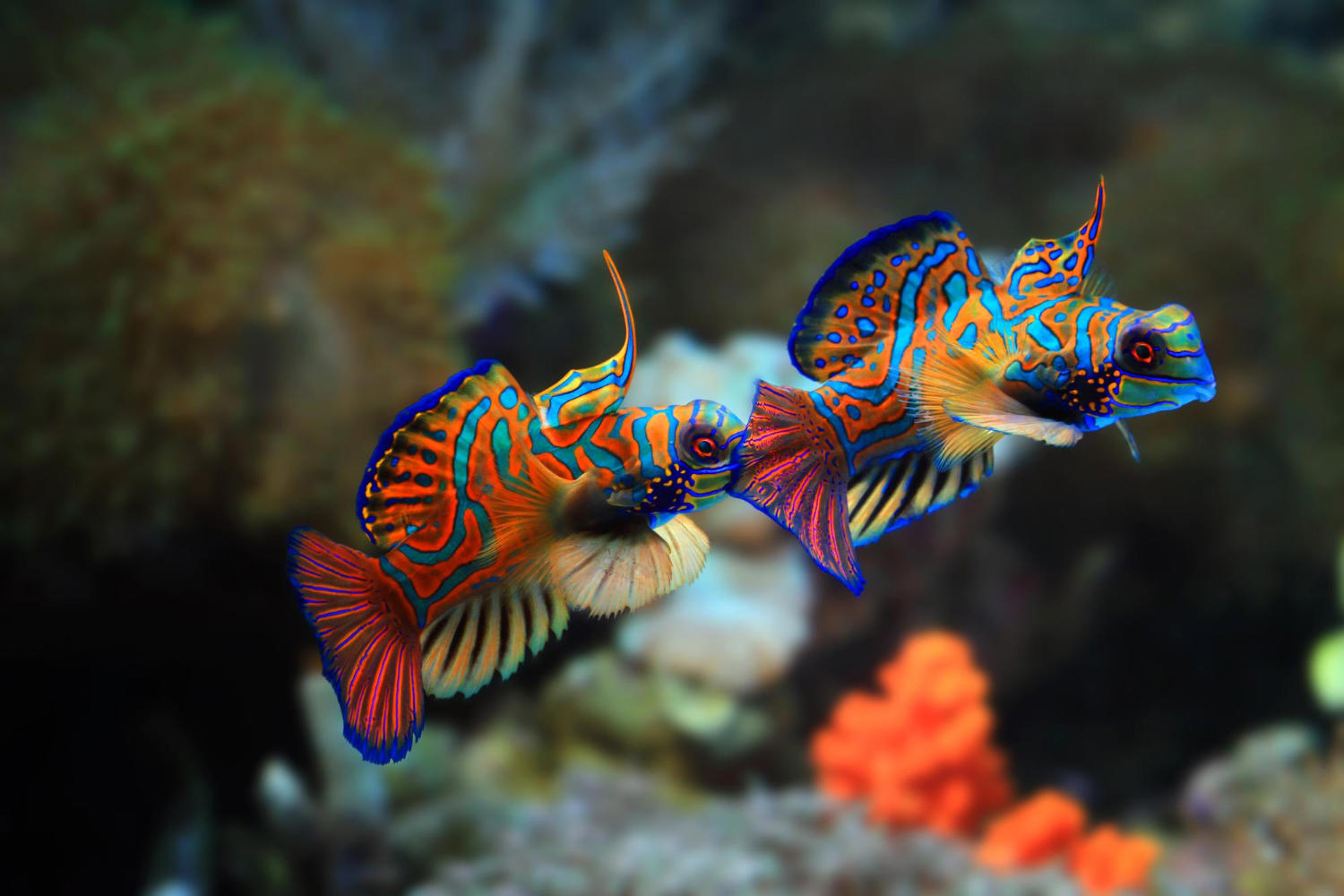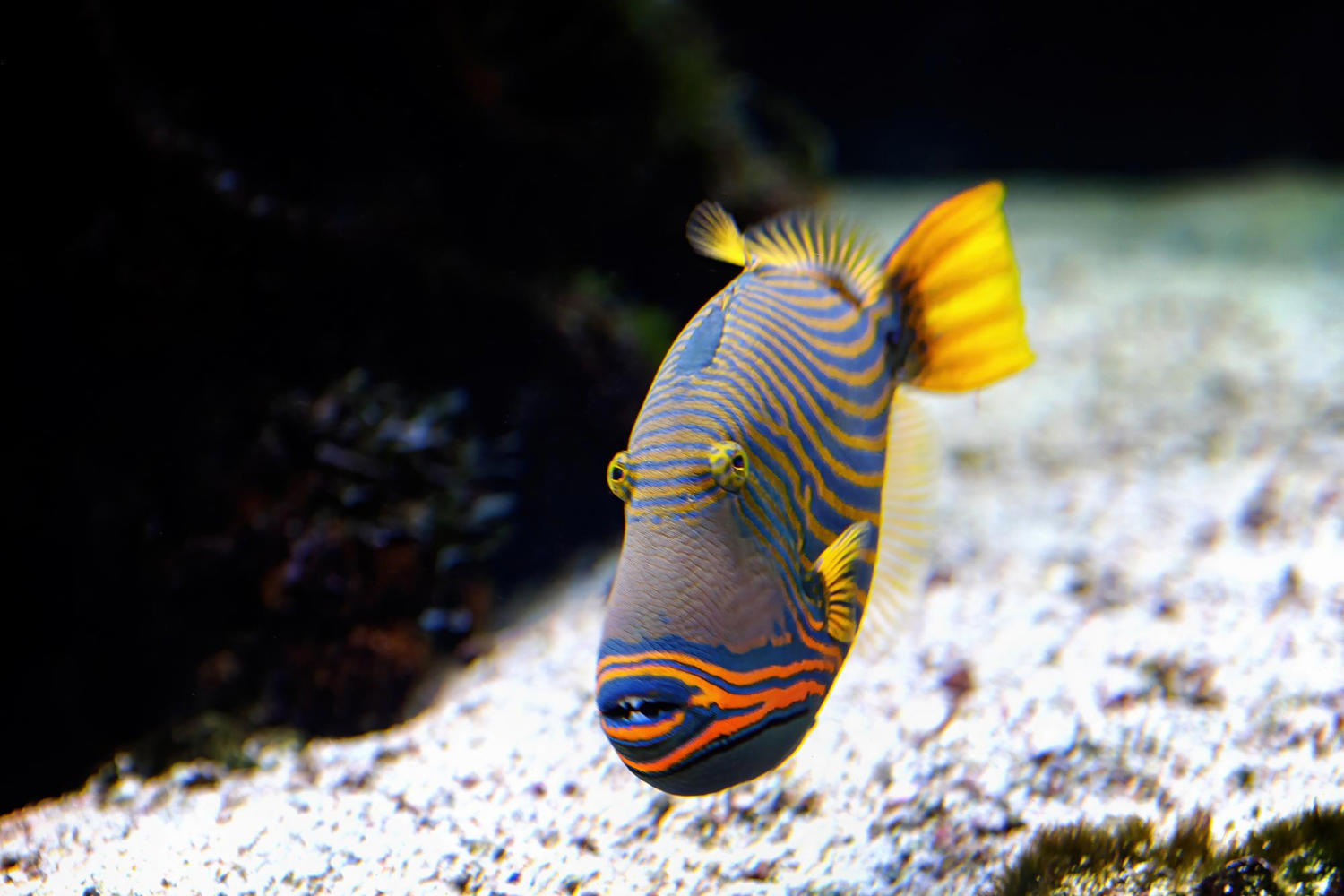Fish are fascinating creatures to watch, but did you know that they can also experience stress? As a responsible fish owner, it’s important to be aware of the signs of stress in your fish. Stress can lead to a weakened immune system, making your fish more susceptible to illness and disease. In this blog post, we’ll explore five common signs that your fish may be stressed, so you can take action to keep your aquatic pets healthy and happy.
Fish are a popular choice for many pet owners. They are known for their beauty, their calming presence, and their low maintenance needs. However, just like any other pet, fish can experience stress. Stress can have a negative impact on a fish’s health and well-being, and it’s important for pet owners to be able to identify the signs of stress in their fish. In this blog post, we will explore the top five signs that your fish is stressed.
1. Changes in Appetite
One of the most common signs of a stressed fish is a change in appetite. If your fish is not eating as much as it used to, or if it’s refusing to eat altogether, this could be a sign of stress. It’s important to note that a fish’s appetite can be affected by a variety of factors, including water temperature, water quality, and even the type of food you’re feeding it. However, if you’ve ruled out these factors and your fish is still not eating, it’s possible that stress is the culprit.
2. Unusual Behavior
Another sign of a stressed fish is unusual behavior. If your fish is suddenly hiding more than usual, swimming erratically, or acting aggressively towards other fish in the tank, this could be a sign of stress. It’s important to note that some fish are naturally more aggressive than others, so it’s important to observe your fish’s behavior over time to determine what’s normal for them.
3. Changes in Appearance
.jpg)
A stressed fish may also experience changes in its appearance. This can include changes in color, loss of scales, or the appearance of sores on its body. These changes can be caused by a variety of factors, including poor water quality, disease, or stress. If you notice any changes in your fish’s appearance, it’s important to take action right away to identify the cause of the problem.
4. Gasping for Air
If your fish is gasping for air at the surface of the water, this could be a sign of stress. Fish need oxygen to survive, and if the oxygen levels in the water are too low, they will start to gasp for air. This could be caused by a variety of factors, including poor water quality, overcrowding in the tank, or a malfunctioning filter. If you notice your fish gasping for air, it’s important to take action right away to identify the cause of the problem and address it.
5. Fin Clamping
Fin clamping is another sign of a stressed fish. This occurs when a fish’s fins are clamped tightly against its body, rather than being spread out as they should be. This can be caused by a variety of factors, including poor water quality, disease, or stress. If you notice your fish’s fins clamped tightly against its body, it’s important to take action right away to identify the cause of the problem.
Stress can have a negative impact on a fish’s health and well-being. As a pet owner, it’s important to be able to identify the signs of stress in your fish so that you can take action right away to address the problem. The top five signs of a stressed fish include changes in appetite, unusual behavior, changes in appearance, gasping for air, and fin clamping. By keeping an eye out for these signs, you can help ensure that your fish remains healthy and happy for years to come.
In conclusion, keeping a close eye on your fish’s behavior is crucial to their overall health and well-being. Stress can lead to a variety of health issues and even death in fish. By recognizing the signs of stress and taking steps to mitigate its causes, you can ensure a happier and healthier life for your aquatic pets. Remember to provide them with a clean and spacious environment, a healthy diet, and plenty of hiding spots to minimize stress and keep them thriving. So, be vigilant and attentive to your fish’s behavior, and you will be rewarded with a happy and contented aquatic community.


.jpg)

%20-%20Copy.jpg)

.jpg)

